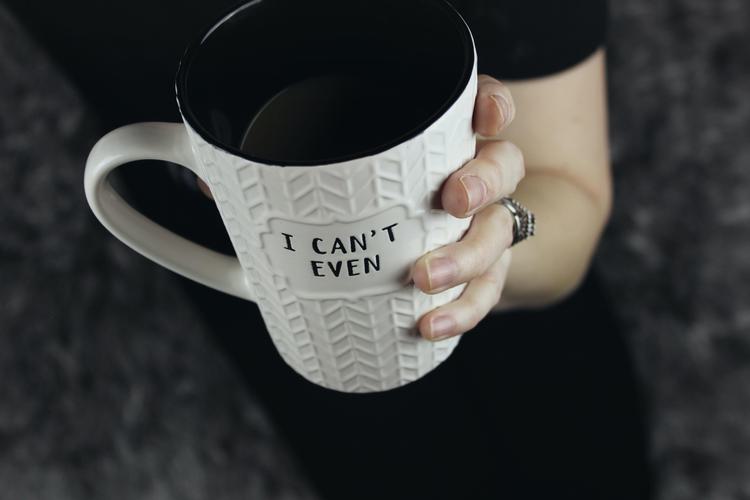#WantMORE about Self Harm

Self Harm is something most people have heard about - but what is it and why do people do it? Find out more ...
What is Self Harm?
Self-harm is a physical response to emotional pain. Anyone can struggle with self-harm - whatever their age - but we know it is increasingly common in teens. Cutting might be the best-known form, but self-harm can involve a whole range of behaviours including bruising, scratching, eating disorders, self-poisoning, and other drug use.
What causes Self Harm - and why do people do it?
Self-harm usually develops as a way of dealing with difficult feelings or emotions. It has a variety of causes and triggers, and it often accompanies other emotional and mental health problems, such as depression and eating disorders.
Self-harm is about wanting to feel better and deal with painful feelings or emotions. It triggers chemicals released in your body called endorphins which help you feel calmer and can reduce the intensity of difficult emotions like fear and sadness. Some people find that having a wound helps give a visible ‘illustration’ of what they are feeling inside. It can help them feel ‘allowed’ to care for themselves, when they wouldn’t normally. Self-harm is usually something people keep secret but sometimes wounds can help other people see just how hard the feelings hidden inside are.
Can you recover from Self-Harm?
Yes - there are lots of treatments that can help with self-harm - from dealing with the things triggering underlying emotions through to helping break the pattern of harming and finding other ways to cope in rough moments. Most people benefit greatly from the opportunity to talk about how they’re feeling, and why self-harm seems to help, before exploring alternative ways of coping. Understanding what is going on makes a real difference too.
Treatment is therefore usually focused on talking therapies like counselling or cognitive behavioural therapy, although some people may find medication helps by treating underlying depression or anxiety.
Very few people find they just stop self harming, just like that. Treatment helps you gradually get better - so you self harm less often, or less severely. Things improve bit by bit. Don't despair if you managed not to harm for a bit but then it happens again. Recovery takes time.
Don't wait to get help
One of the most difficult things about self-harm is that it tends to gradually get more serious. Medics call this ‘escalation’ - and it means that whilst at first smaller things help you feel better you might find after a while you need to hurt yourself more to get the same release. Or feelings build up and you might feel more desperate. So if you know you are struggling with this it’s important to get some help.
Self-harm is a sign that you are struggling with some really intense feelings and it's horrid dealing with those on your own. Why not take the first step and tell someone how you are feeling? Think about who you could tell - it doesn’t have to be face to face, maybe you could send a text or leave a note? It’s good to share with an adult - maybe a teacher or youth worker or friend?



